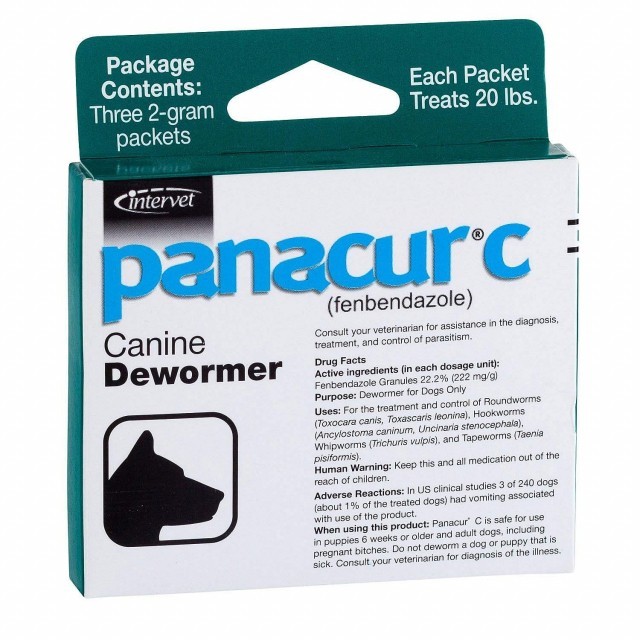News that Korean comedian Kim Chul-min was in remission from his late stage lung cancer made headlines recently as the entertainer was originally given only three to four months to live. The entertainer reportedly took anti-cancer drugs along with Fenbendazole, a known anti-parasitic medication more commonly used in animals to kills intestinal worms. Consequently, the cancer that had spread throughout his body, disappeared. Understandably the news of his dramatic recovery stirred interest among patients suffering from all forms of terminal cancer. However, use of the controversial treatment is divided, but I strongly believe that the development of a new drug, using components of the anthelmintic treatment, should take place as soon as possible within the country. The medical profession should asses the effectiveness of anthelmintic drugs like Fenbendazole as an anti-cancer treatment. In addition to Mr. Kim’s recovery, there are several other examples online of cancer being cured with the use of fenbendazole. The US broadcaster ABC aired an interview with a man named Edmond, a late-stage lung cancer patient who also swears he was cured by the animal medicine. In fact, there are many cases of patients experiencing remissions after taking fenbendazole profiled on Youtube and in an online documentary. Moreover, blogger Joe Tippens also shared his miraculous terminal cancer recovery details after taking fenbendazole in his online posts.
 |
| ▲ Joe Tippens who insist the benefits of taking fenbendazole. (Photo from Youtube) |
As a result of this rise in profile of this potential cancer curing drug, Koreans suffering from the same fate are eager to try the animal medication as their last hope. With the number of patients seeking treatment with fenbendazole increasing, the number of corresponding patient communities has also increased. These groups have regular meetings to discuss their experiences with the treatment and share information about its side effects. Such gatherings are a desperate last hope for the complete recovery of cancer patients. However, they can also be accused of disseminating exaggerated information or creating a high risk of overuse or misuse of the drug. The rise in demand for fenbendazole has also contributed to a shortage of supply meaning many cancer patients fear their limited access will impact their own treatment. Thus, the intervention of the government to carefully manage evolving problems is required. Furthermore, incentives are required to find ways to prevent the negative side effects of the drug use, so that patients can take it with less fear of danger.
Several medical research bodies in other countries such as U.S. (Johns Hopkins University, Cohen-Poison Pediatric Medical Center), the U.K. (Care Oncology Clinic), Egypt (Tanta University), and Sweden (Uptala University) are conducting clinical trials for mebendazole a drug similar to fenbendazole. However, the Ministry of Food and Drug Safety of South Korea and the Korean Cancer Society are asking patients to refrain from taking fenbendazole as it is solely "an animal-licensed drug”. They argued the safety of the anthelmintic, fenbendazole or mebendazole, cannot be guaranteed, and the side effects such as serious damage to the blood, nerves and liver can occur when administered in high doses for long periods of time.
As the effects of fenbendazole are already widely known among Koreans, the government and the medical community should no longer turn a blind eye to its potential effectiveness as a cancer treatment and begin official clinical studies on the use of the active ingredients in anthelmintic drugs as a possible cure.
Though the tales of the effectiveness of fenbendazole as a cancer cure may be overblown, researchers in pharmaceutical companies or at the Ministry of Food and Drug Administration in Korea should try to develop new cancer fighting drugs utilizing ingredients from anthelmintic treatments including fenbendazole and mebendazole. This may provide those fighting terminal cancer with hope that a solution is near. There is enough evidence on hand creating the possibility that the ingredients used in anthelmintic drugs could cure terminal cancer that the government should enthusiastically support further research into the medicine and its safe use by humans.
 |
| ▲ A photo of fenbendazole. (Photo from google) |
서채원 dankookherald@gmail.com

![[Campus Magnifier] Let's Surf the Library!](/news/photo/202404/12496_1765_4143.jpg) [Campus Magnifier] Let's Surf the Library!
[Campus Magnifier] Let's Surf the Library!
![[Campus Magnifier] Let's Surf the Library!](/news/thumbnail/202404/12496_1765_4143_v150.jpg)





